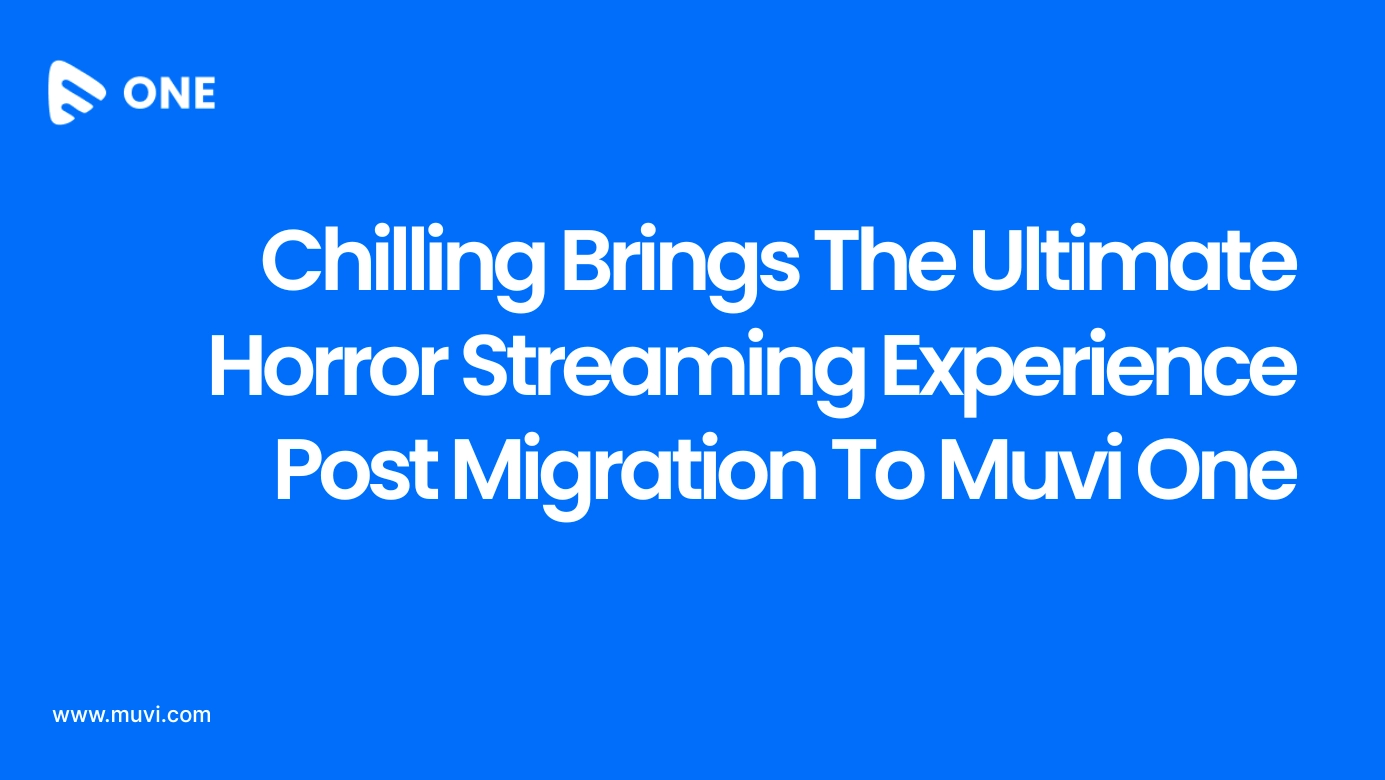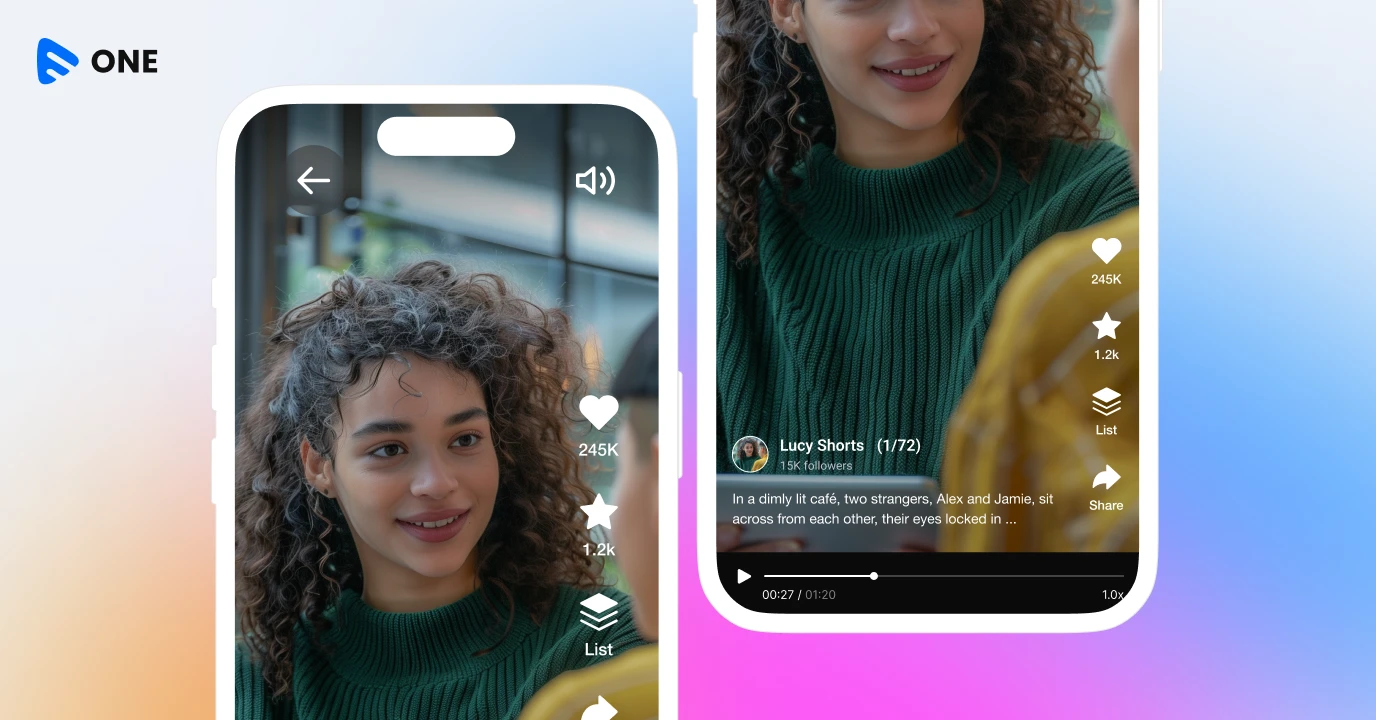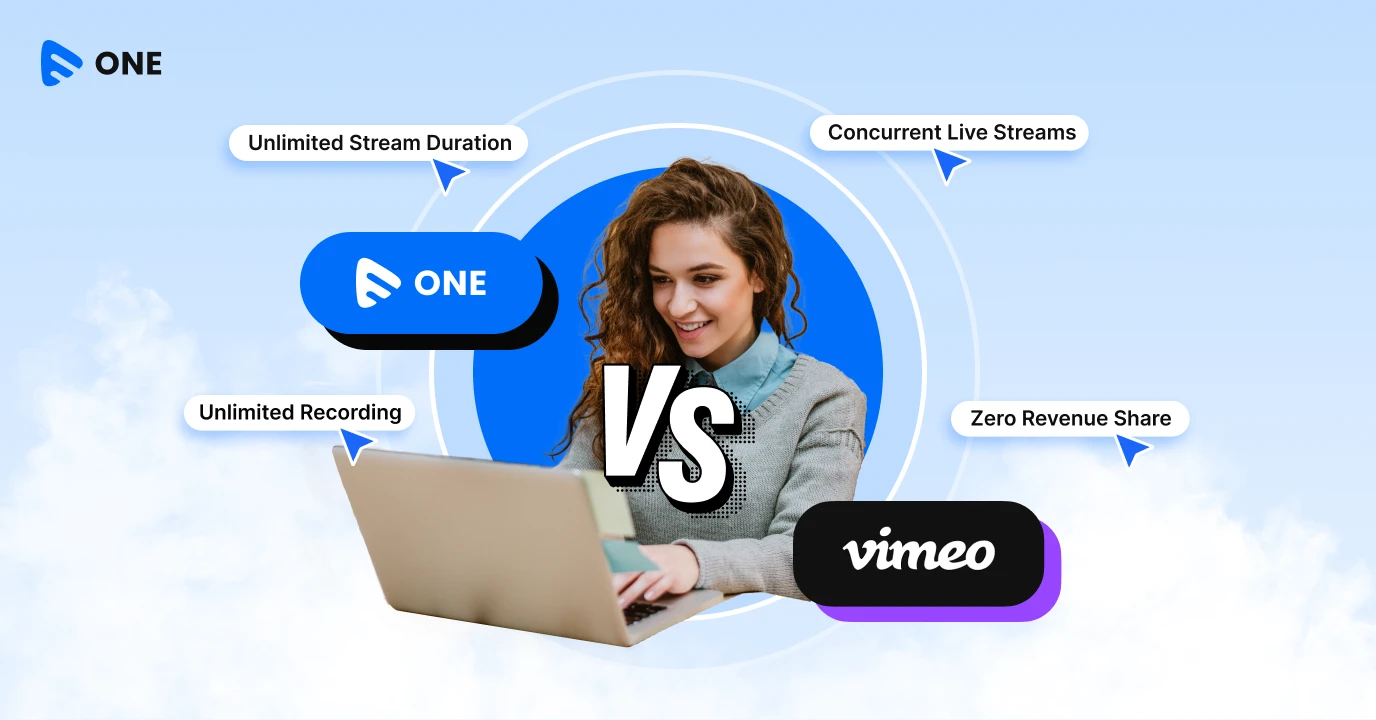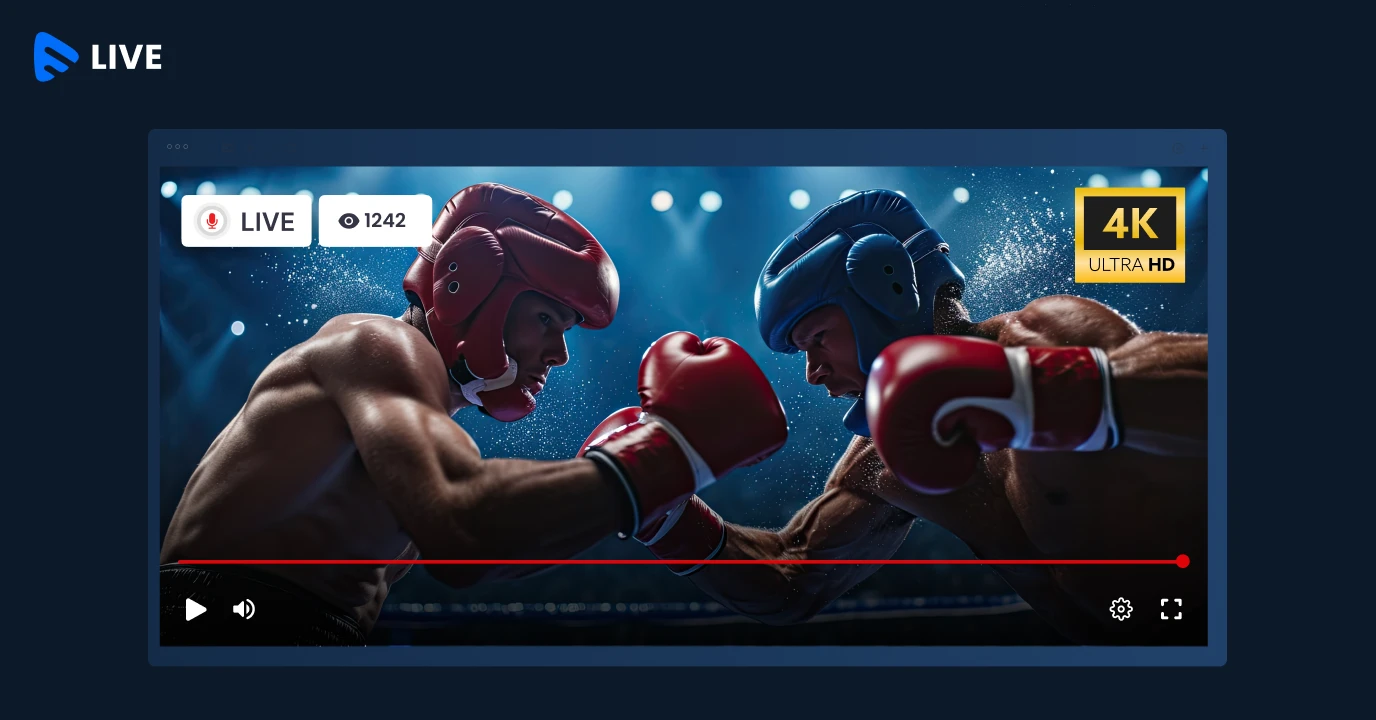Written by: Roshan Dwivedi
Artificial Intelligence is shaking up the broadcasting landscape and media & entertainment industry. Players, both big and small, are racing to leverage AI to differentiate their services from the rest. The research around the technology has been extensive and the investments are in billions. AI is one primary factor that helps marketers identify their customers and realize their needs. By knowing individual needs, marketers foray into the territory of personalization and there, the concept of content branding originates. Personalization of products/services is becoming table stakes to stay relevant in this competitive industry.
Artificial intelligence (AI), as we know, is a branch of computer science that aims at creating intelligent technology capable of replicating human learning and problem-solving skills. OTT industry is largely betting on Artificial Intelligence and new technologies to garner that 30-crucial-seconds of attention of their target customers. With the booming success of OTT giants such as Netflix, Amazon Prime, Hulu, etc., media companies have realized the changing consumer interest, viewing habits, viewing pattern, preferences of genre etc. to be key factors for success. And in order to have a hold on these, they are not shying away to invest moolah in Artificial Intelligence and data which according to them makes them future-ready.
A Glance at Cognitive Computing
Cognitive computing allows learning and building knowledge from various structured and unstructured data. According to a survey, 86% of Media and Entertainment executives who are familiar with cognitive computing believe it will play a disruptive role in the industry. However, the broadcasting industry must smartly handle the data. Advances in cognitive computing narrow the gap between data quantity and data insights. It certainly helps to enhance the cognitive processes of professionals and betters the decision-making process.
Artificial Intelligence is here to stay!
To start with, it’s not a news anymore that the trailer of the 20th Century Fox horror flick, Morgan was developed using machine learning which is often interchangeably used for AI though there is a thin line of difference between the two. A total of six minutes of footage were pulled from the 90-minute movie, resulting in a 24-hour process, from start to finish whereas normally a film’s trailer development process takes weeks to complete. It is just a small example how powerful can AI be if data insights are acutely studied and implemented.
In the 2017 US Open, IBM’s cognitive computing platform Watson assembled a clip reel within five minutes of the end of every match, churning out highlights and key moments available to fans 2 to 10 hours faster than previous years. The event which marked the official launch of IBM Watson Media is a new venture that leverages Watson’s AI capabilities to meet the future needs of broadcasters and their audiences. Watson analyzed 320 hours of video from the event to find the most exciting moments. It also consumed statistical information from courtside devices used to measure ball position, serve speed and other technical dimensions.
Coming back to OTT arena, streaming giant Netflix uses AI extensively. From suggesting better content depending on viewing preferences to optimizing video compression and delivery, Netflix’s familiarity with AI for improved viewing experience is nothing new. Content management can greatly benefit from AI technology as image, emotion, and voice recognition have empowered media technology purchasers to increasingly rely on AI tools to organize and search content archives. Similarly, an AI article writer can also help in tagging content (which is an expensive affair). With detailed metadata, search on content management systems has become more precise thereby encouraging monetization opportunities. AI, also termed as “cognitive intelligence” in broadcasting industry promises to track individual customer consumption habits. AI copywriting is another facet of this technology, providing enhanced precision and efficiency in content creation and management.
Take a look at the Broadcasting Landscape in 2018
How Netflix Saved $1 Billion a Year by Leveraging AI?
Netflix claimed in the past that its AI-powered recommendations save up to $1 billion a year by decreasing churn. The usage of Dynamic Optimizer by Netflix helps to compress codecs and optimize network data transfers. In addition to this Artificial Intelligence optimizes the over-the-top (OTT) delivery by preventing congested links and unstable connectivity with the adoption of internet protocol (IP).
Microsoft, Amazon, Google etc. have cloud-based video delivery channels. Here, AI plays an important role in scalability. The cloud services of the aforementioned companies have a substantial amount elasticity which in simple terms means the ability to increase or decrease available resources as needed. Artificial Intelligence is used to predict the increase in resource requirements with an aim to reduce the delaying.
Online Streaming Industry Stays Abuzz Over Artificial Intelligence
In the last two NAB Shows – 2018 & 2019 events held in Las Vegas, the industry experts talked about the role of Artificial Intelligence (AI) and Immersive Media in the upcoming years. The world’s largest electronic media showed how streaming and online video connoisseurs gather and exchange thoughts about the cutting-edge technology that is redefining the curation, channelization, and delivery of content on any platform. And as per recent reports, Artificial Intelligence and Machine Learning will be a trending topic in future years as the crowd from broadcasting, media, entertainment, and technology will assemble to throw light on the changing dimension of streaming media, its effect on the peripheral industry and above all consumer behavior.
This year, Muvi is exhibiting at the Broadcast Asia Singapore 2019. Come and be a part of the convention. Book a Meeting now.













Add your comment